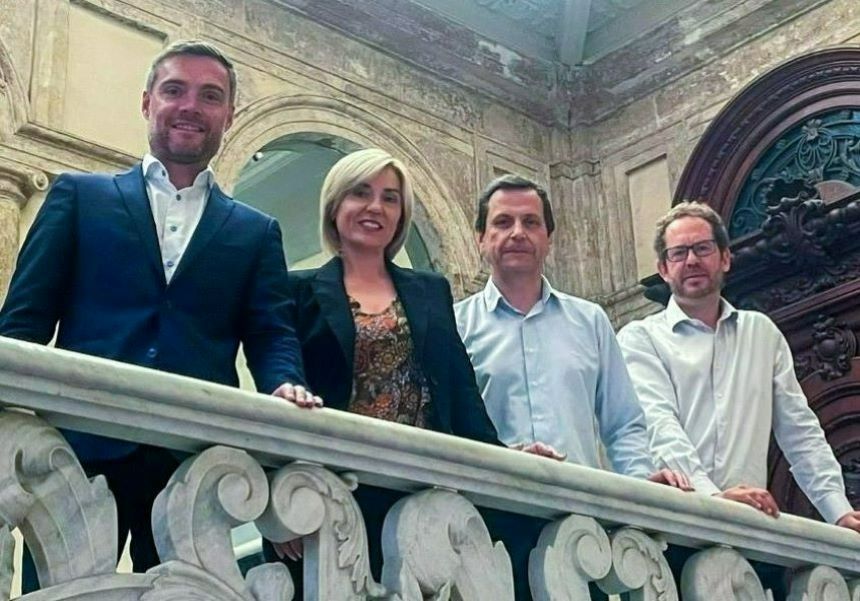
The company ARTHEx Biotech has just announced the closing of a funding round of 42 million euros to progress with its compound ATX-01, a new drug aimed at the treatment of type 1 myotonic dystrophy (DM1). The company expects to start the clinical trial in the second half of 2023. The round is led by the venture capital company Columbus Venture Partners.
ARTHEx Biotech S.L. is a clinical-stage biotechnology company focused on the development of innovative medicines through microRNA modulation. The main compound that the company has in the investigational phase –ATX-01– is progressing towards its clinical phase for the treatment of myotonic dystrophy type 1 (DM1), a rare disease that causes progressive muscle wasting.
The funding obtained will now be used to advance the development of said compound, a drug designed against microRNA 23b in a clinical trial (Phase I/IIa) for the treatment of this devastating and rare neuromuscular disorder that, in addition to muscle weakness, causes various complications that incapacitate people who suffer from it. There are currently no treatments capable of changing the course of DM1, which affects at least 40,000 people in the US and 70,000 in Europe.
In the financing round obtained in Series B – a modality where the startup receives capital from investors in exchange for participation in the company – and led by the venture capital company Columbus Venture Partners, the European Innovation Council (EIC), have participated. Hadean Ventures, Sound Bioventures and previous investors Invivo Capital, AdBio Partners and CDTI.
“This funding allows us to transfer the scientific project for which the company was founded to the clinic, and we have tremendous confidence in our approach to realising the new therapeutic potential of microRNAs”, said Beatriz Llamusí, executive scientific director (CSO) and co-founder of ARTHEx Biotech. “ARTHEx’s foundational microRNA modulation technology shows great promise for identifying new forms of treatment, blocking or activating key targets that trigger disease. We believe that we have a tremendous opportunity to develop a new therapy in DM1, an orphan disease with a significant number of patients worldwide”, added José Mesa, partner at Columbus Venture Partners.
Frédéric Legros, Chairman of the Board of Directors of ARTHEx and new CEO of the spin-off, has stated that he is “excited to lead ARTHEx Biotech together with a successful executive team, board of directors and syndicate of investors, who share our commitment to developing medicines innovators for disabling diseases. This will be a pivotal year as we prepare to initiate the Phase I/IIa ArthemiR™ study with lead compound ATX-01 for DM1 in the second half of 2023”.
Arthex Biotech is, since 2020, a spin-off of the University of Valencia born at the end of 2019 from the Translational Genomics research group headed by the full professor of Genetics Rubén Artero. His team previously discovered a new therapeutic target for DM1 and invented molecules that made it possible to recover symptoms of the disease. The invention was patented and the proof of concept, in an animal model, was published in the journal Nature Communications. The UV subsequently licensed the patent to ARTHEx for its exploitation.
ARTHEx is also working on drug discovery to identify and develop microRNA modulators for other disorders with high unmet medical needs, including genetic diseases such as DM1. The headquarters of this spin-off company of the University of Valencia is located in the Science Park of the academic institution.
Links:











